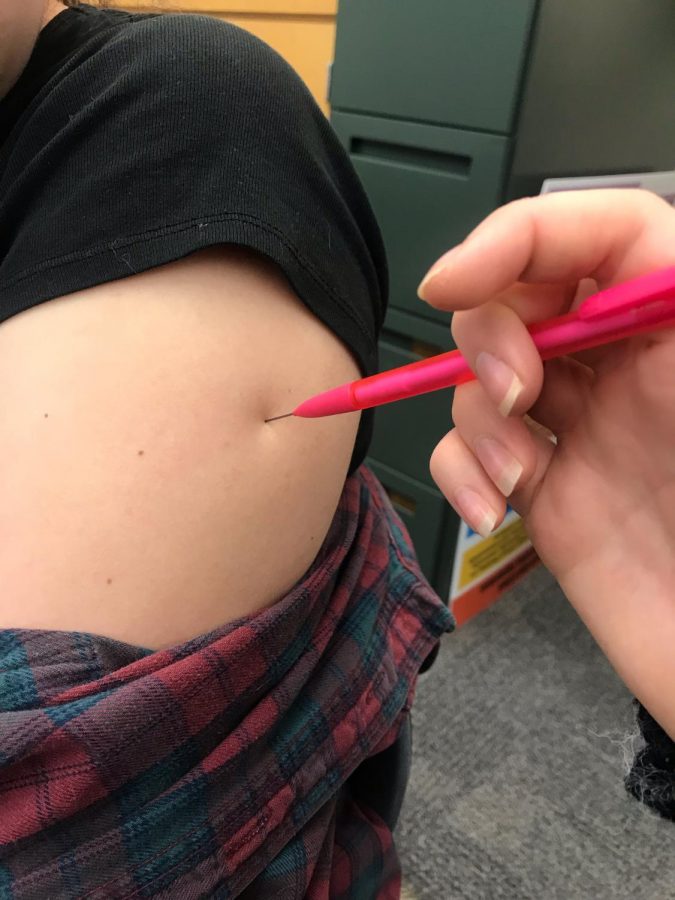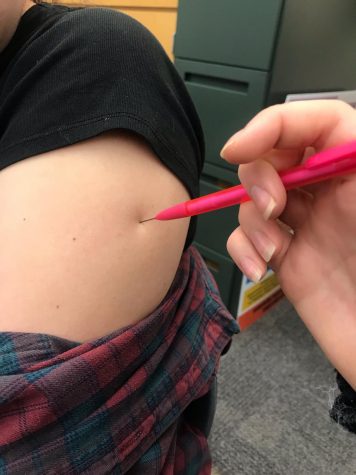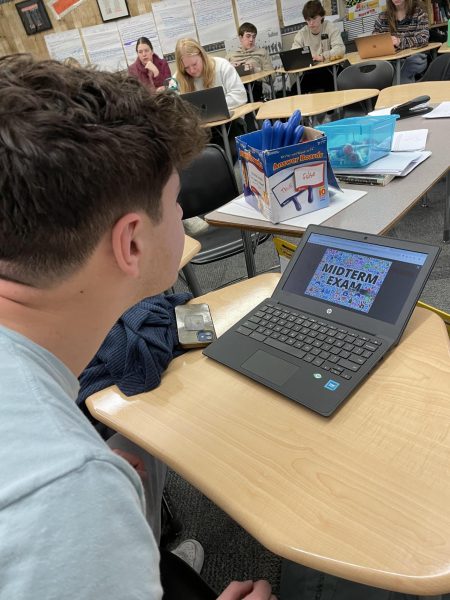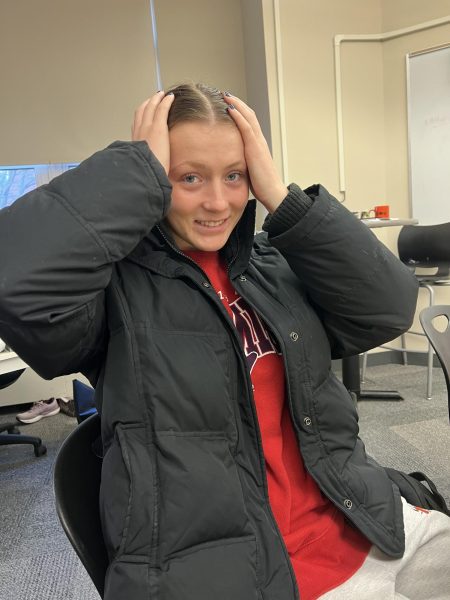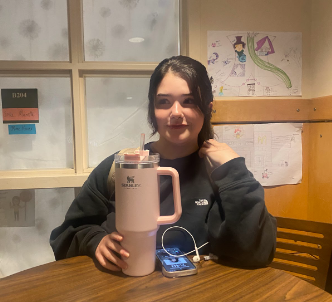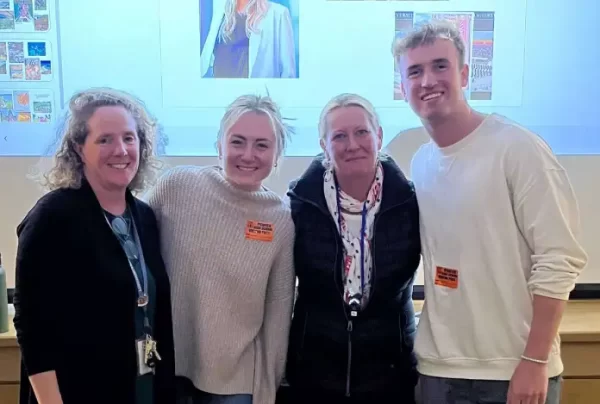The Vaccine Debate
March 14, 2019
Imagine a modern world where vaccines are non-existent. Disease would run rampant, and thousands upon thousands of people would die annually due to illnesses that are now eradicated. Seemingly, that is the direction we are heading in as more and more parents are refusing to vaccinate their children.
Opposition to vaccines is not new. People have been against them for as long as they have existed. However, there has been a sharp increase in the opposition since a former doctor, Andrew Wakefield, published his research paper in 1997. In that paper, he connected the mumps, measles, and rubella vaccines to the development of autism in young children. Even though several studies have disproved his claim and it was found that he received his funding from, “litigants against vaccine manufacturers,” it still caused a spike in the percent of parents choosing not to vaccinate their children. Since the paper was published, Andrew Wakefield has had his medical license revoked.
In the UK, the MMR vaccination rate dropped 8% between 1996 and 2002. By 2003, the vaccination rate was as low as 60% in some parts of London. The sudden drop in vaccination rates led to severe outbreaks of the measles. In 2006, 449 people living in the UK were infected within the first five months of the year. Later, in 2008, it was declared an epidemic for the first time in 14 years.
Similarly, in the United States, outbreaks have occurred in 2008, 2011 and 2013. Perhaps the most “infamous” outbreak in the US occurred between 2014 and 2016 in California. In this outbreak, 125 people contracted the measles. It was estimated that as low as 50% and no more than 86% of the exposed population was vaccinated.
A more recent outbreak occurred earlier this year in Clark County, Washington. A public health emergency was declared due to yet another outbreak of the measles. More than 22% of public school children did not receive their vaccines in Clark County which led to the rapid spread of the infectious disease.
Another disease that was nearly eradicated after the introduction of the vaccine was whooping cough. In 2010, California saw more than 9100 cases of whooping cough. That’s higher than it has been since the vaccine was introduced in the 1940s. Unfortunately, ten infants who were too young to be vaccinated died during the outbreak. Not vaccinating yourself and your children puts those unable to be vaccinated at risk.
The “anti-vax” community has many arguments they use to justify not vaccinating themselves and their children. Some parents refuse vaccinations for religious reasons. The most common religious objection is because of the “animal-derived gelatins used in the production of vaccinations.” Another argument claims that natural immunity is better than vaccine-acquired immunity.
However, if you wanted to gain immunity to the measles by contracting it, you would have a 1 in 500 chance of dying from it. On the other hand, the number of people who have severe reactions to the vaccine is less than 1 in a million.
Another popular argument is, “We don’t need vaccines because the infection rates in the US are already so low.” Infection rates in the United States are so low because of vaccines and herd immunity. Herd immunity caused the unvaccinated population to be safe from infection as long as a high enough percentage of the total population is vaccinated. It’s important we keep out herd immunity because there is a part of the population at risk and unable to receive vaccinations such as infants, pregnant woman, the elderly and those with weakened immune systems.
When I asked a local nurse what her opinion was on anti-vax parents, she said, “I think it’s irresponsible. They’re not only putting their child at risk, but other people’s children as well.” If too many people choose not to vaccinate themselves and their children, bacteria and viruses will have the opportunity to spread and infect our at-risk populations. Diseases that we have the ability to eradicate will run rampant, and countless people will die a very preventable death.

